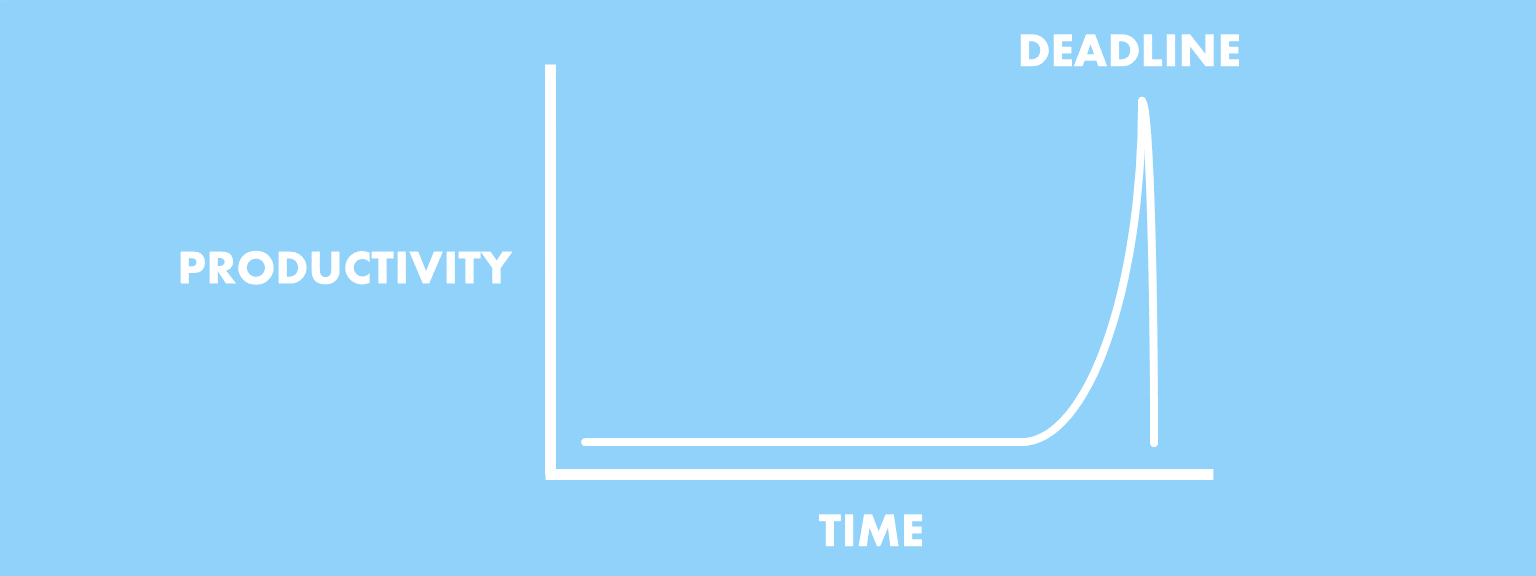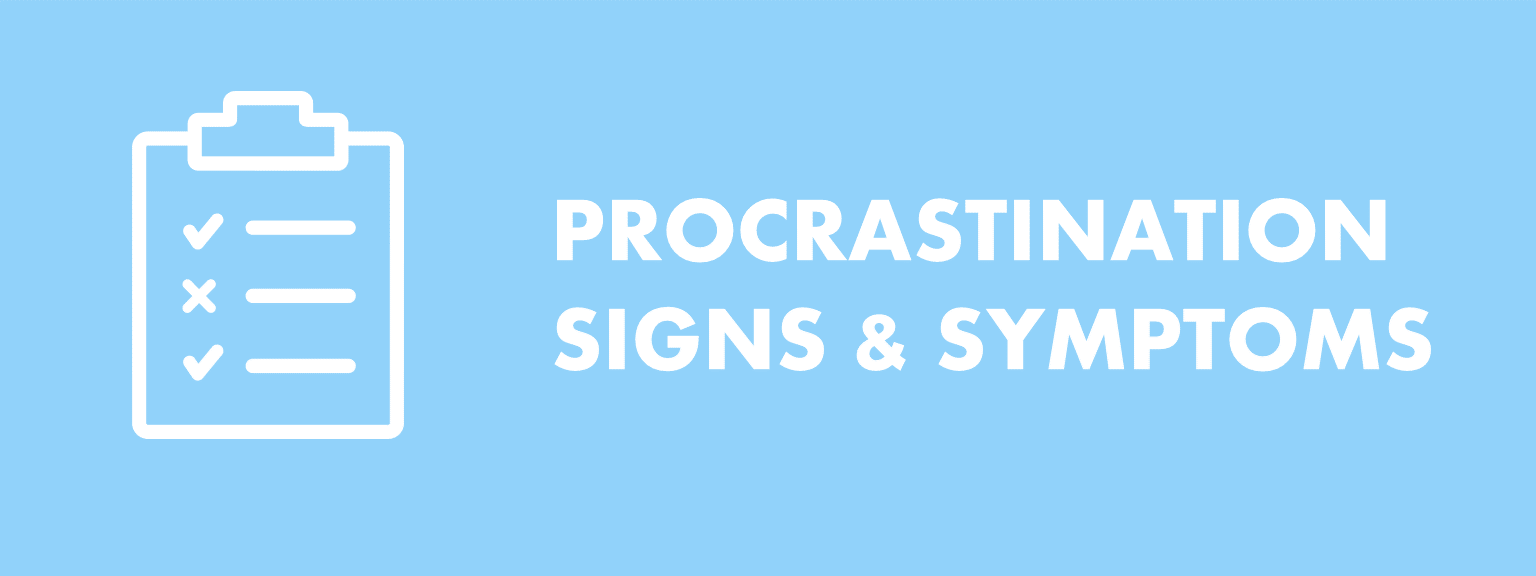The Opposite of Procrastination
Procrastination is the act of unnecessarily postponing decisions or actions. For example, a person is procrastinating if they have a week to finish an assignment, but they delay getting started until right before its deadline for no good reason. There are three concepts that can be considered the opposite of procrastination (i.e., its antonym): Precrastination (doing things too early). Purposeful delay (delaying things …









